When I first arrived in Kalahandi, Odisha, as part of the India Fellowship program, I had only a surface-level understanding of the tribal healthcare challenges. I am placed with Swasthya Swaraj, an organisation dedicated to providing healthcare to the most marginalised communities in one of the most remote areas of India. As a new fellow, I’ve had the chance to see and take part in their important work. This experience has already begun to shape my understanding of healthcare and social equity.
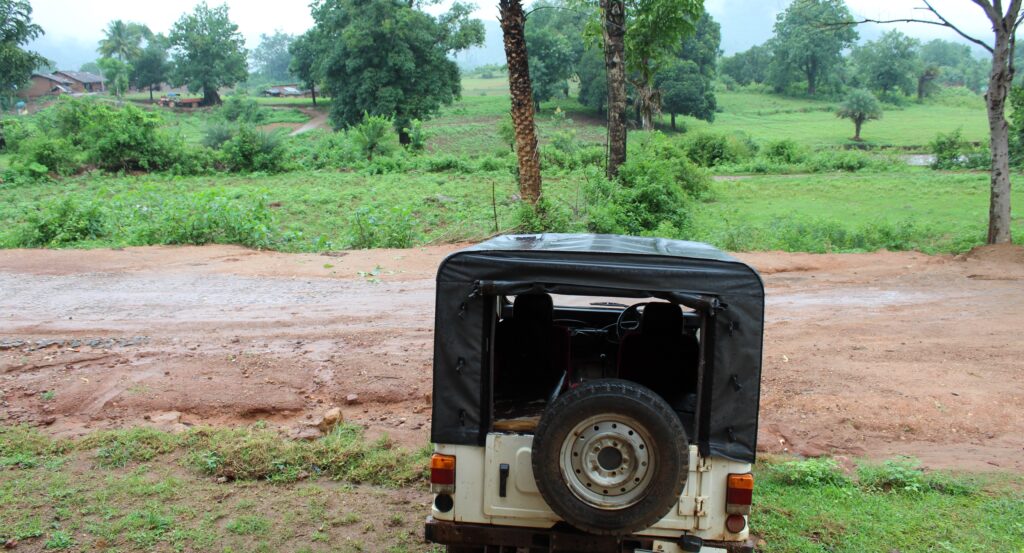
Healthcare In Kalahandi
Kalahandi district has scarce healthcare infrastructure, and access to even basic medical facilities is challenging. The tribal communities often live in isolation, with little to no transportation. This makes reaching hospitals or health centres difficult. Malnutrition, lack of maternal care, and preventable diseases are prevalent, and the absence of health education exacerbates the situation.
Before joining Swasthya Swaraj, I had heard from my India Fellow mentor about how remote areas of Kalahandi struggle with healthcare access, but seeing the status of tribal healthcare firsthand has been eye-opening. These communities have long been neglected by the mainstream health system, and Swasthya Swaraj is working tirelessly to bridge that gap.
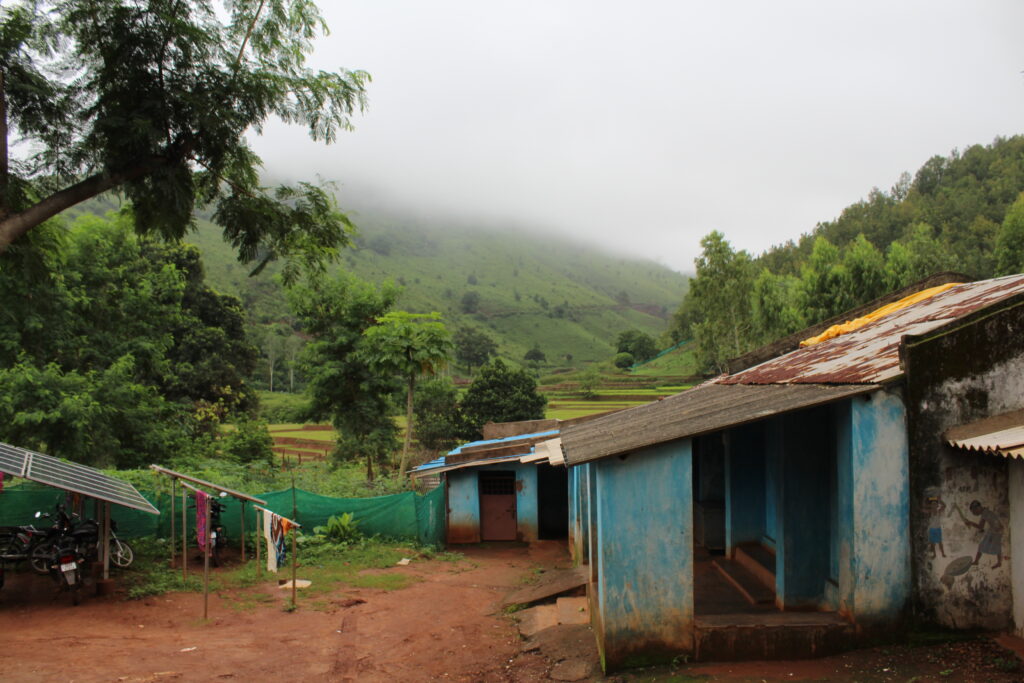
Personal Experience
My first few days at Swasthya Swaraj were a mix of emotions. I was both excited and overwhelmed. Kalahandi’s raw beauty juxtaposed with the severe healthcare crisis, left a deep impression on me. I remember meeting a mother who had walked for miles to bring her sick child to a mobile health camp. It was then that I realised that healthcare here wasn’t just about treatment—it was about survival.
Coming from a village myself, where access to healthcare is a given, the resilience of these communities surprised me. It also made me question my role in this space. What could I, someone with little experience in rural health, contribute to this complex and challenging ecosystem?
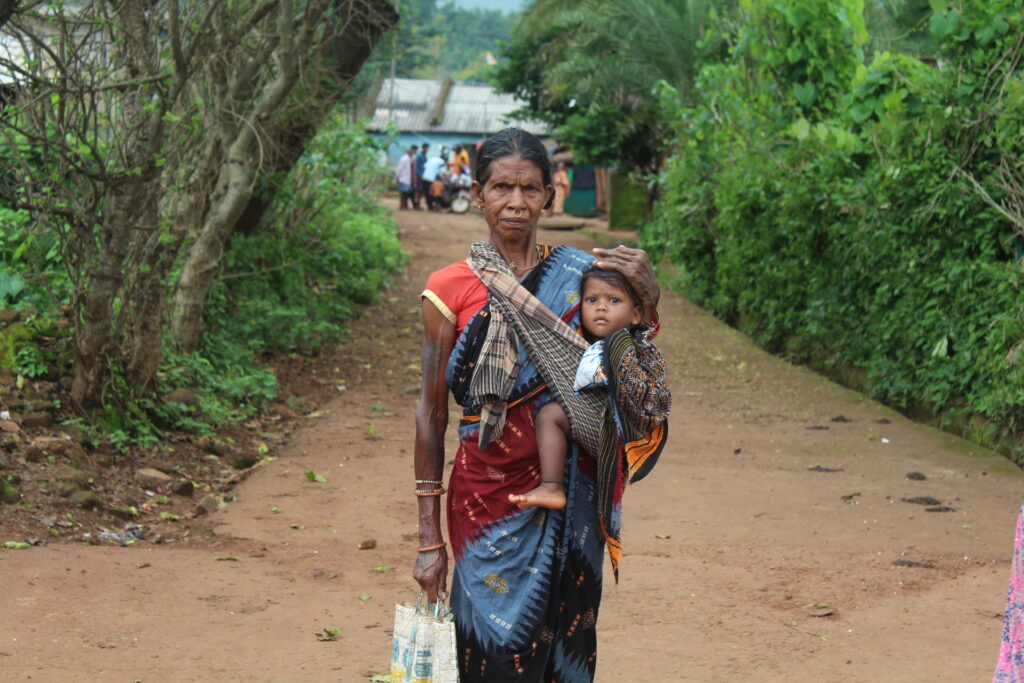
Understanding The Work
Swasthya Swaraj focuses on comprehensive tribal healthcare, from primary care to health education. They operate in some of the most remote tribal villages, using a community-based approach that empowers locals to take charge of their health. Mobile clinics, health camps, and capacity-building programs for local health workers form the backbone of their efforts.
One of the initiatives that I’ve had the opportunity to be part of is the Crèche program, which focuses on early childhood care and development. The program works with children from 7 months to 3 years, aiming to reduce child malnutrition and provide healthcare support to mothers and infants. The dedication of Swasthya Swaraj’s team, especially in reaching the most vulnerable populations, has been inspiring.
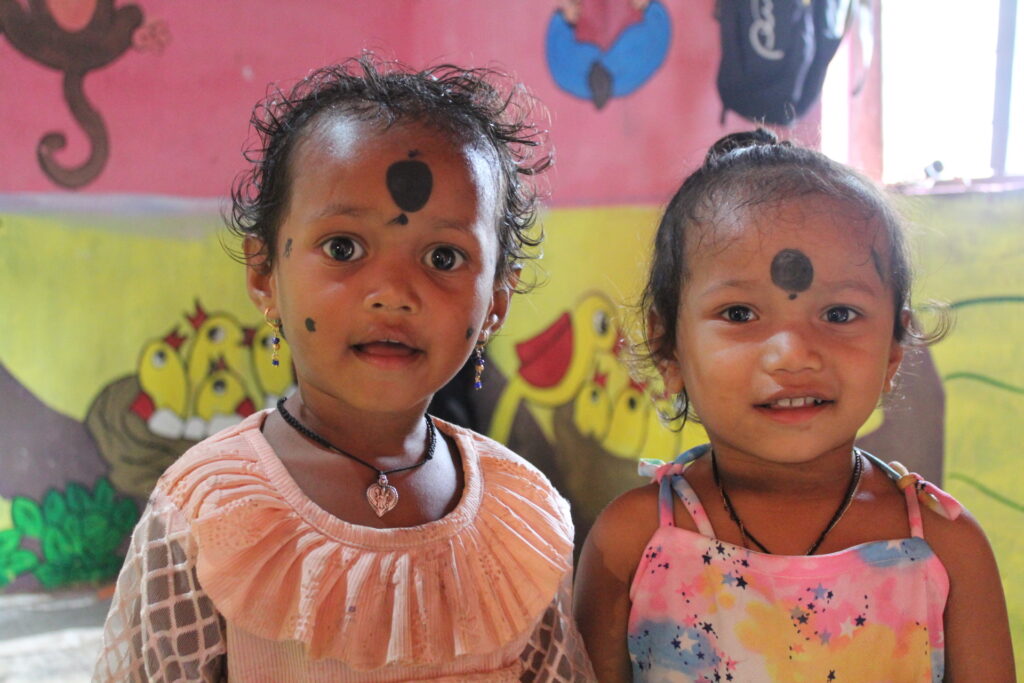
My Contribution As An India Fellow
As an India Fellow, my role is multifaceted. While I am primarily handling the organisation’s social media presence, I’ve also been involved in field visits and documentation work. One of the key aspects of my contribution has been helping to create a stronger online presence for Swasthya Swaraj to raise awareness about their work.
In addition to this, I’ve had the chance to participate in community outreach efforts, where I assist in mobilising the local community for health camps. These experiences have taught me a lot about the importance of communication and trust-building in rural settings. It’s not just about bringing services to the people—it’s about making them feel included in the process of change.
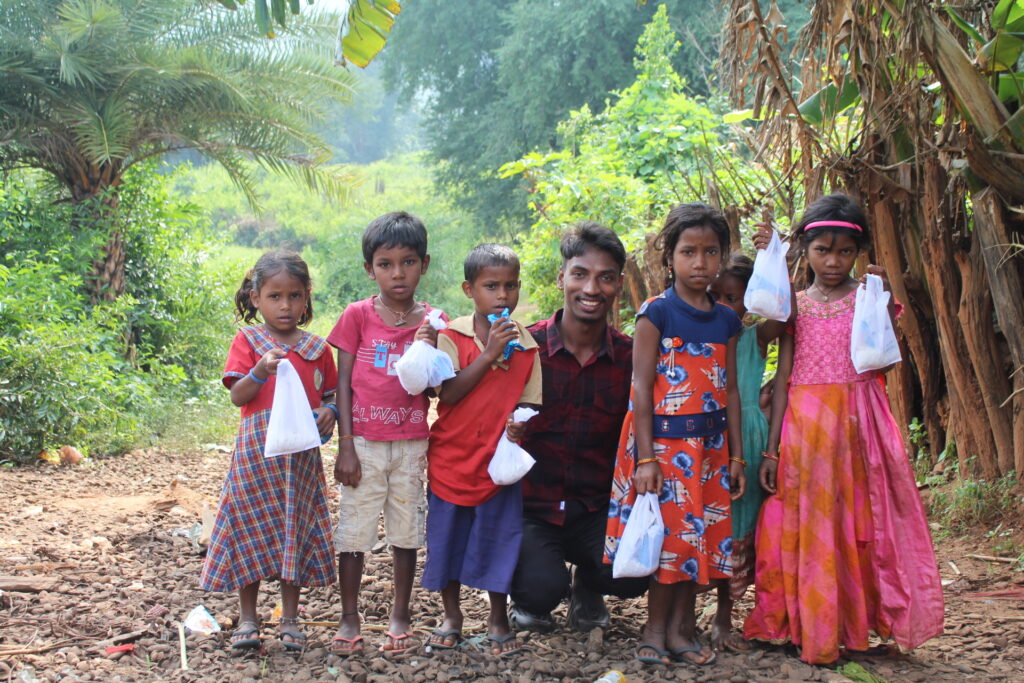
Challenges On The Ground
Working in Kalahandi has its challenges. The lack of infrastructure, the long distances between villages, and the language barriers can make our work slow and difficult. There have been moments of frustration, especially when faced with the harsh realities of the ground. For instance, seeing preventable diseases take lives due to delayed care or lack of knowledge has been particularly difficult to process.
However, many of these challenges have provided me with space to understand and grow. I’ve learned to be patient, to listen more, and to understand the nuances of working in such an underserved area. Every small victory, whether it’s a successful health camp or a child’s recovery, reminds me why this work is so important.
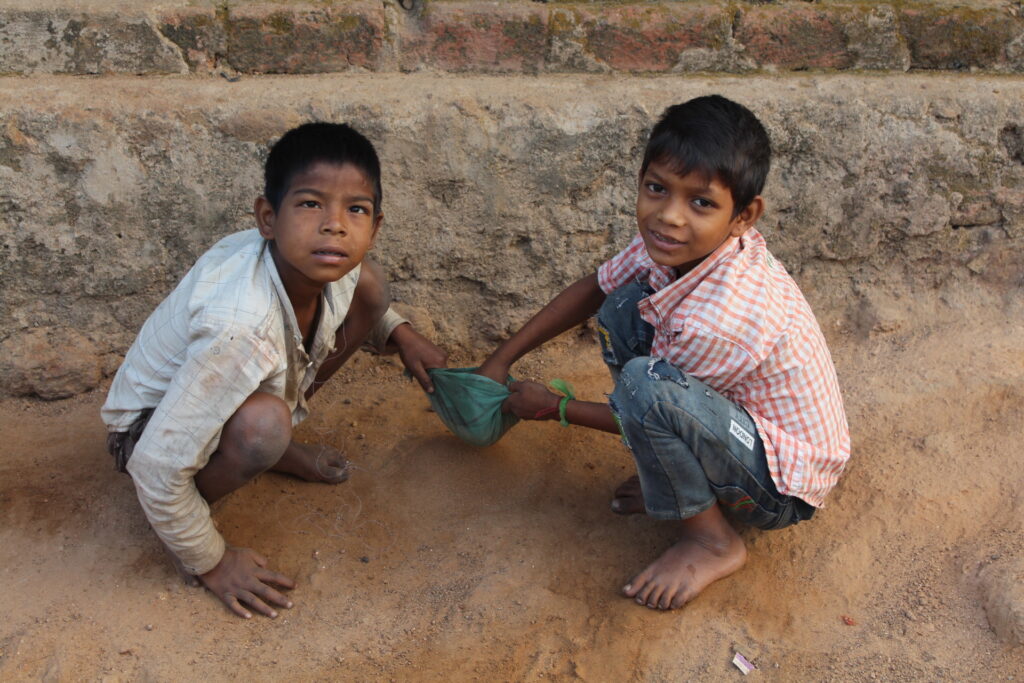
Reflections And Learnings
This experience has been transformative in many ways. I’ve realised that healthcare for tribal communities is not just about medicine—it’s about creating systems that are inclusive, accessible, and sustainable for. Working with Swasthya Swaraj has also deepened my appreciation for grassroots initiatives. It’s one thing to read about the need for healthcare in rural India, but it’s entirely different to live it.
I’ve grown more empathetic and resilient. Being part of this mission has shown me how interconnected healthcare and social work truly are, and how vital it is for organisations like Swasthya Swaraj to exist in places where mainstream systems don’t reach.

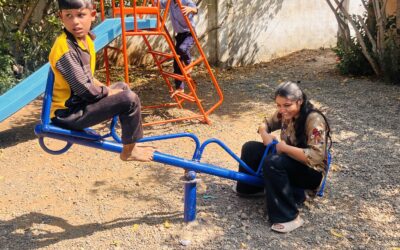
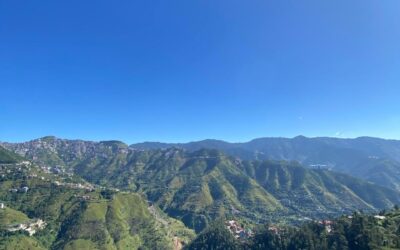
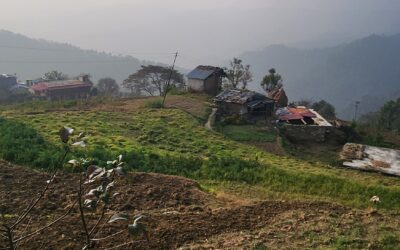
0 Comments